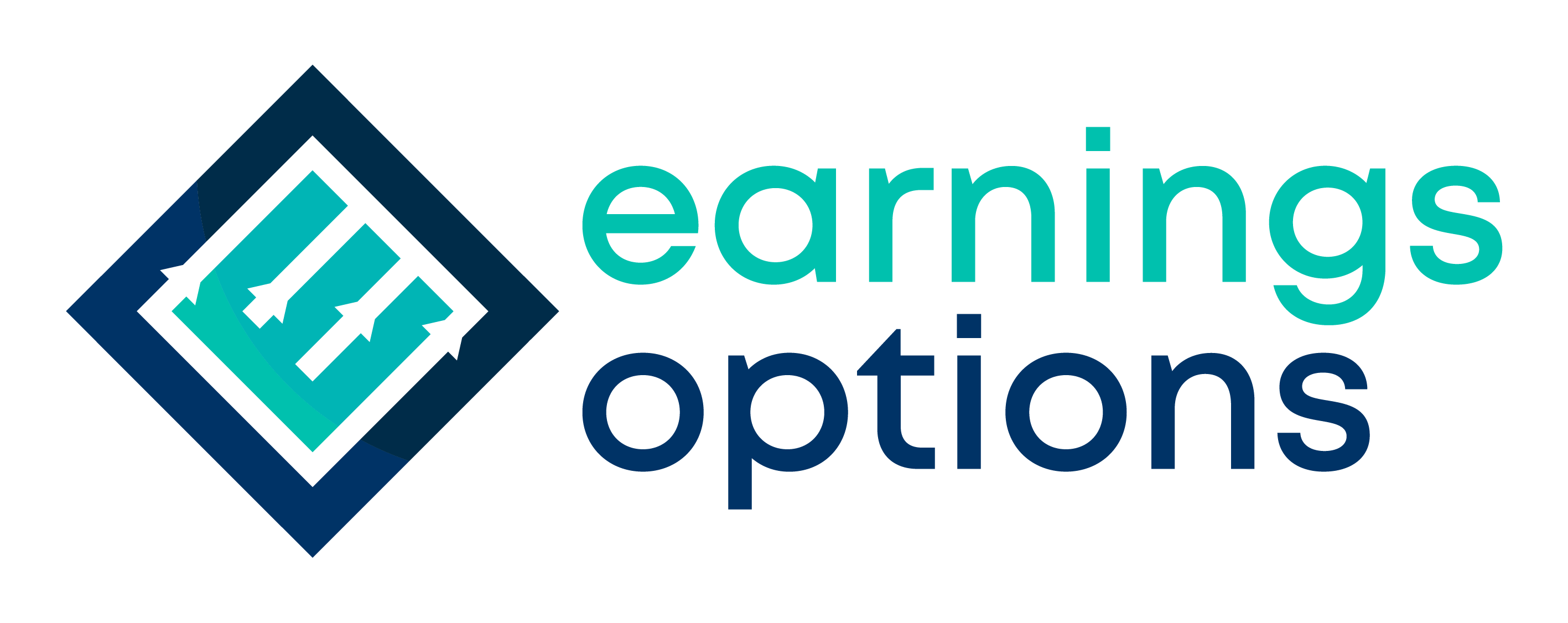The emergence and ubiquitous adoption of credit cards have revolutionized the way we approach financial transactions. This plastic money brings with it unmatched convenience, security, and rewards, but not without inherent risks and potential for financial mismanagement. In this comprehensive exploration, we delve into the paradigm shift in consumer behavior driven by credit cards, balancing the scales of convenience and risk.
🔄 The Credit Card Revolution: A Paradigm Shift in Spending
- Unprecedented Convenience
- 💳 Instant Transactions: Credit cards make purchasing goods and services swift and effortless.
- 🌎 Global Acceptance: They are accepted worldwide, breaking down geographical barriers in spending.
- Enhanced Consumer Experience
- 🎁 Rewards and Incentives: Many credit cards offer rewards, cashback, and loyalty points, enhancing the overall shopping experience.
- 📲 Digital Integration: With the rise of mobile wallets, credit cards are now integrated into our digital lives, further streamlining transactions.
- Changing Attitudes Toward Credit
- 💡 Shift in Perception: Credit is no longer seen solely as a debt instrument but as a tool for financial flexibility.
- 📈 Growing Acceptance: More consumers are embracing credit cards as a primary mode of transaction.
💼 The Impact on Personal Finance Management
- Budgeting and Tracking
- 🔄 Real-Time Spending Monitoring: Credit cards allow for immediate tracking of expenses, aiding in budget management.
- 📊 Detailed Statements: Monthly statements provide a comprehensive breakdown of spending, encouraging financial mindfulness.
- Credit Building and History
- 📈 Positive Impact on Credit Score: Responsible use of credit cards can build a positive credit history, essential for future financial endeavors.
- ⚠️ Potential for Negative Impact: Conversely, mismanagement can lead to a damaged credit score, affecting loan approvals and interest rates.
📈 Economic Implications and Consumer Spending
- Stimulating Economic Activity
- 💰 Increased Spending: The ease of credit card usage often leads to higher consumer spending, stimulating economic activity.
- 🛍️ Boosting Retail and Services: Retailers and service providers benefit from the increased transaction speeds and guaranteed payments.
- Changing Spending Patterns
- 🔄 Shift from Saving to Spending: Credit cards may encourage a shift in consumer behavior from saving money to spending.
- 🤑 Higher Likelihood of Impulse Buying: The ease of transactions can lead to impulsive purchases, impacting financial stability.
⚖️ Balancing Convenience with Financial Responsibility
- Smart Credit Card Practices
- 💳 Setting Spending Limits: Imposing personal limits on credit card usage can prevent overspending.
- 🔄 Paying Off Balances Regularly: Ensuring full payment of credit card balances each month avoids interest accrual and potential debt.
- Understanding and Managing Risks
- 🛡️ Protecting Against Fraud: Regularly monitoring accounts and using security features can protect against credit card fraud.
- 🚫 Avoiding Over-reliance: Diversifying financial tools and not solely relying on credit cards for every transaction ensures balanced financial health.
🔄 Technological Advancements and Credit Cards
- Security Enhancements
- 🔒 Improved Card Security: EMV chips and contactless payments have enhanced the security of physical credit card transactions.
- 📱 Secure Online Transactions: Technologies like two-factor authentication and secure payment gateways protect online card transactions.
- Innovative Payment Solutions
- 💻 E-commerce and Mobile Payments: Credit cards are integral to the rise of e-commerce, providing a secure and convenient payment method.
- 🤖 Integration with Fintech: Fintech apps offer innovative ways to manage credit card usage, from spending analytics to automated payments.
🛤️ The Future of Credit Cards and Consumer Behavior
- Sustaining Financial Health
- 📉 Mitigating Debt Accumulation: Education around credit card usage is crucial to prevent excessive debt and financial strain.
- 💪 Building Financial Resilience: Encouraging responsible credit card use ensures that convenience doesn’t come at the expense of financial stability.
- Adapting to Evolving Consumer Needs
- 🔄 Continuous Innovation: As consumer needs evolve, credit card companies must innovate to provide relevant and beneficial products.
- 🌱 Promoting Sustainable Practices: Encouraging the use of credit cards for sustainable and ethical consumption can shape positive consumer behavior.
Striking the Right Balance In the grand tapestry of modern finance, credit cards have woven themselves into the very fabric of our daily lives, offering unmatched convenience and a plethora of benefits. However, as with any powerful tool, the onus falls on the user to wield it with responsibility and foresight. By balancing the scales of convenience and risk, consumers can harness the full potential of credit cards, ensuring they serve as catalysts for financial empowerment and stability rather than conduits of debt and uncertainty. In navigating this delicate balance, we find not just the key to responsible credit card usage, but the blueprint for a financially secure and prosperous future.

